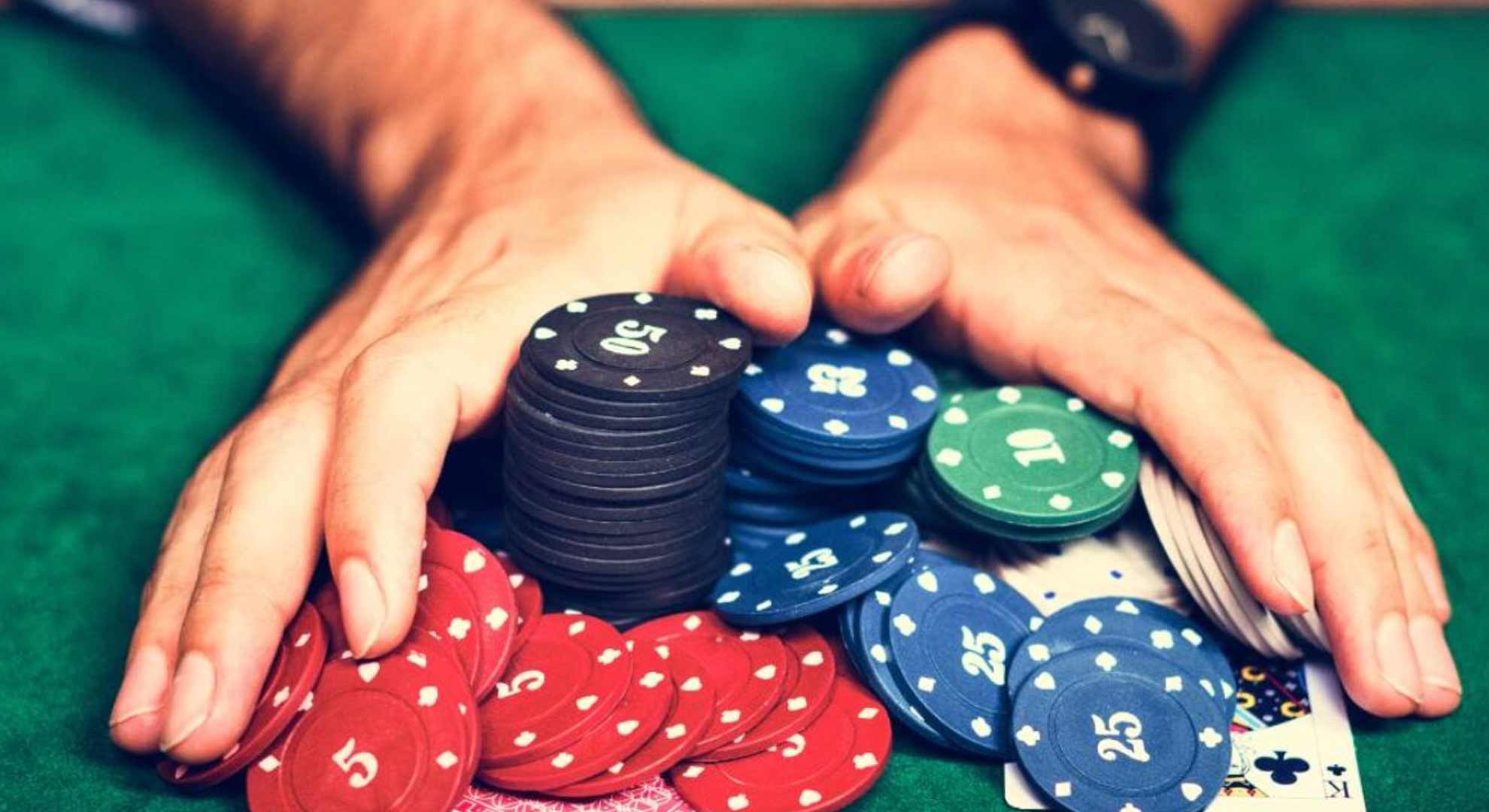How Casinos Shape the Myth of Luck

How Casinos Shape the Myth of Luck
The allure of casinos is undeniable. Gleaming lights, the clatter of chips, and the promise of instant riches all contribute to a captivating atmosphere. But beneath the surface of this vibrant spectacle lies a carefully crafted narrative, a myth meticulously cultivated and perpetuated: the myth of luck. This article delves into how casinos strategically shape this myth, influencing player behavior and solidifying their profitability.
One of the primary ways casinos build the illusion of luck is through game design. Slot machines, for example, are programmed with complex algorithms that determine payouts. While they appear random, they're far from it. The "near miss" effect, where symbols almost align for a winning combination, is a prime example. This triggers the same reward centers in the brain as an actual win, encouraging players to continue spinning, believing they're just one spin away from hitting the jackpot. This perceived closeness to winning fuels the myth of luck, making players feel like they have some control over an inherently uncontrollable outcome.
Table games like blackjack and roulette also contribute to the myth. While these games involve an element of skill, the house always has an edge. Casinos promote the idea that players can "beat the house" by employing strategies and understanding odds. However, even the most skilled players are ultimately subject to the whims of chance. This interplay between skill and luck reinforces the idea that individuals can influence their fate through strategic choices, bolstering the myth of personal control over unpredictable events. Consider exploring your chances with the m88 slot apk for a taste of the casino atmosphere.
Furthermore, casinos leverage psychological tactics to amplify the belief in luck. The environment itself is carefully designed to disorient and immerse players. The absence of clocks and windows creates a timeless, escapist atmosphere, making players lose track of time and spend more money. Complimentary drinks and lavish surroundings further contribute to a feeling of indulgence and detachment from reality, blurring the lines between rationality and impulsive decision-making. These distractions enhance the emotional appeal of gambling, making players more susceptible to the myth of luck.
Marketing and advertising play a crucial role in shaping the casino's narrative. Casinos often showcase stories of ordinary individuals who have won life-changing sums of money. These narratives, whether entirely accurate or not, perpetuate the idea that anyone can strike it rich with a little bit of luck. The focus is rarely on the vast majority of players who lose money, creating a skewed perception of the odds and reinforcing the allure of instant wealth.
Moreover, casinos foster a sense of community and camaraderie among players. This shared experience, often fueled by alcohol and adrenaline, can create a sense of belonging and validation. Players share stories of their "lucky streaks" and offer advice to one another, reinforcing the belief that luck is a tangible force that can be harnessed. This social dynamic further strengthens the myth of luck, making it more difficult for individuals to recognize the inherent risks and limitations of gambling.
In conclusion, the myth of luck is not a spontaneous phenomenon; it's a carefully constructed narrative meticulously shaped by casinos through game design, psychological manipulation, strategic marketing, and the fostering of a communal environment. By understanding these tactics, players can approach gambling with a more critical and informed perspective, recognizing that while luck may play a role, the odds are ultimately stacked in the house's favor. Responsible gambling practices and a clear awareness of the casino's influence are essential for maintaining a healthy relationship with gambling and avoiding the pitfalls of the luck-driven fantasy.
```